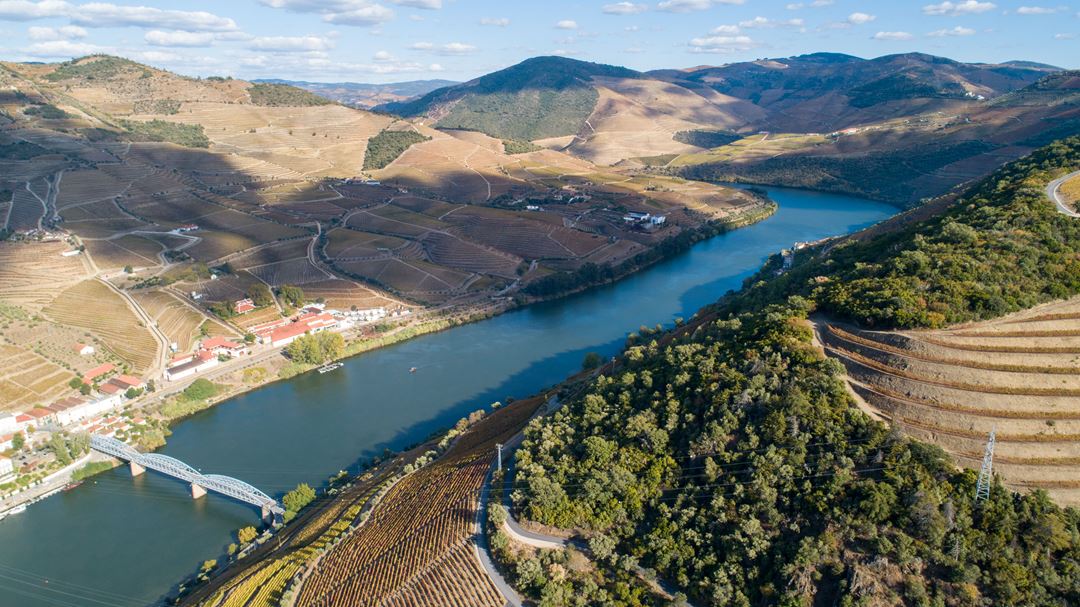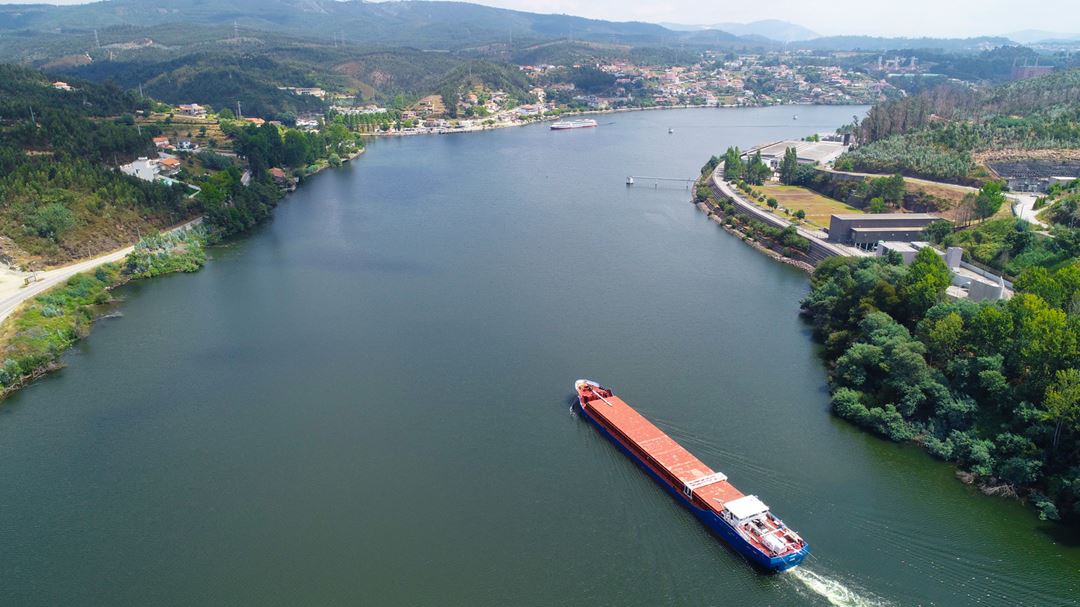Researchers from SINTEF are joining forces with several European partners in the EU project ReNEW to ensure the sustainable development and resilient waterway transport that will contribute to the necessary transformation of the transport sector.
Waterway transport faces great pressure from many factors, such as more flexible road transport, stricter environmental and emissions requirements and disruptions such as unpredictable water levels due to climate change.
Autonomous ships can provide increased cargo transport when water levels are low.
One of SINTEF’s main contributions is to examine how autonomous technology can be used to contribute to zero emissions and make waterway transport more adaptable to the various disruptions that often occur, preventing cargo from reaching its destination on time.
“Although autonomous technology is disruptive, we cannot assume that the waterway transport sector is the same. This is why ReNEW will take a systematic approach to determining how the technology can best be used in waterways to facilitate zero-emission transport, improved flexibility and increased ability to transport cargo even when incidents that would currently reduce cargo transport occur,” says Lars Andreas Lien Wennersberg, research scientist at SINTEF Ocean.
The research builds on the soon-to-be completed EU projects AUTOSHIP and AEGIS, in which SINTEF has been a key player. These projects have helped develop and demonstrate autonomous technology but have also researched how the technology can be included in specific transport and logistics scenarios.
New infrastructure and methods required to predict river behaviour
An important aspect of autonomous ships is that they require physical supporting infrastructure on land to work but also digital infrastructure to communicate. SINTEF is in a unique position as SINTEF Ocean has specialist expertise on the boats sailing through the canals and SINTEF Energi has expertise on the factors that affect rivers and the surrounding environment.
“Climate change affects waterways and the operation of boats on the waterways and we therefore have to prioritise researching new solutions for climate-neutral and adaptable transport to comply with the EU’s environmental legislation to protect waterways and surrounding habitats,” says Mauro Carolli, research scientist at SINTEF Energi.
The ecosystems in and around waterways need to be protected

Photo: Administracao dos Portos do Douro e Leixoes SA
Increased levels of transport on waterways and physical infrastructure on land also require us to consider the habitats in and around the waterways, as these consist of several ecosystems that society relies upon and that need to be taken into account in the management of rivers and waterways, as do the needs of various stakeholders and environmental legislation. SINTEF focuses on researching and minimising negative impact on the environment in order to avoid significant, lasting degradation of ecosystems.
SINTEF contributes by developing a decision support tool based on machine learning to address ecosystem services that are affected by the improvements and innovations proposed in the project. Identification, implementation and testing of initiatives for river regulation to increase accessibility for boats is one of the initiatives for which SINTEF’s specialist expertise provides a unique opportunity to take interdisciplinary considerations into account.




